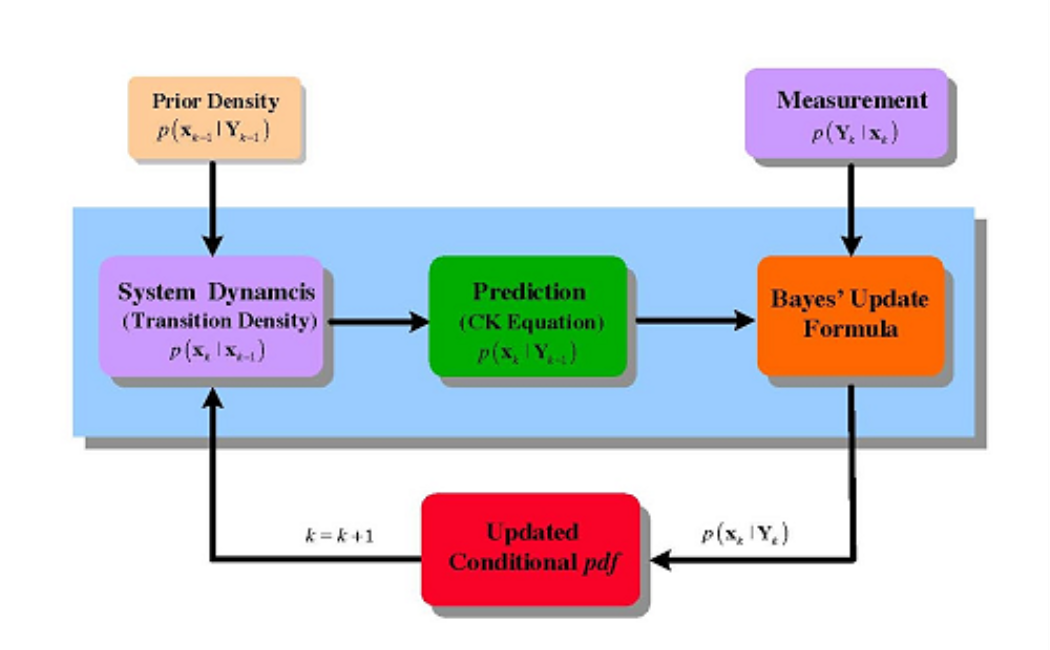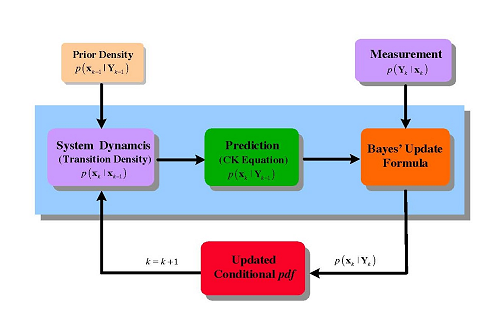

The focus of this proposed collaboration between KAUST and the Texas A&M University is to develop a unified Bayesian framework for inverse and data assimilation problems, with specific applications to the estimation and optimization problems in an ocean general circulation model (OGCM) that has been recently implemented to study the circulation of the Red Sea as part of the Woods Hole Ocean Institute (WHOI) and KAUST special partnership alliance. Different approaches were developed for Bayesian inversion and data assimilation. While inverse problems and data assimilation have the same theoretical background and they are both approaches to tackle the same problem, several inverse and assimilation methods were developed by two different communities; the first focuses on prior estimation and efficient sampling, and the second on sequential updates of the prior and posterior distributions. This resulted in the introduction of several different approaches and algorithms specific to each community. One of the goals of the proposed research is to first look at the theoretical and practical differences between the different methods and then use this work as a basis to develop more efficient algorithms for complex joint state-parameter estimation problems with ocean applications in mind. The project is a joint effort between Prof. Ibrahim Hoteit of KAUST, who has expertise in recursive Bayesian methods for data assimilation with a focus on ocean applications and Prof. Bani Mallick, who has expertise in Bayesian hierarchical modeling for inversion and uncertainty analysis of numerical models.